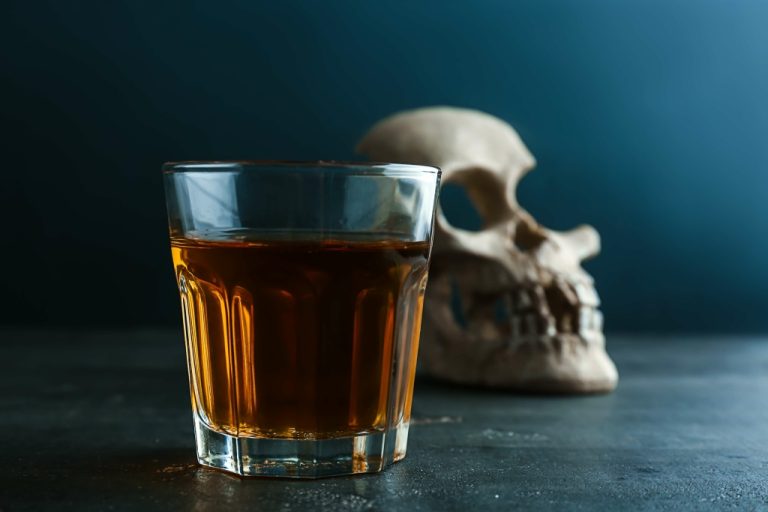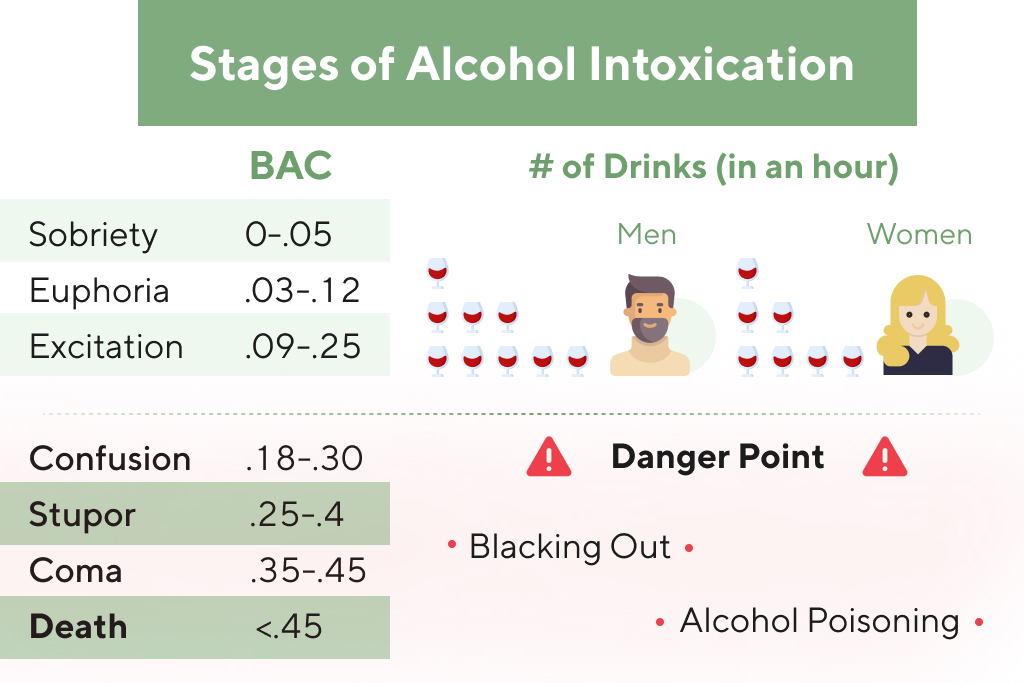More serious symptoms, such as seizures or confusion, can happen with alcohol or certain medications what is drug addiction like benzodiazepines. Remember, it’s common for people to develop a tolerance to pain medication and need higher doses to get the same level of pain relief. With addiction, you may need to use higher doses, but it’s not for pain relief.
Drug Abuse Statistics
- Once you’ve been addicted to a drug, you’re at high risk of falling back into a pattern of addiction.
- This is a substance addiction, as Ritalin directly affects dopamine and norepinephrine pathways, leading to dependency.
- These drugs also have a high potential for abuse; this may or may not be due to addictive properties.
- Recovery, however, is often a long-term process that may involve multiple attempts.
People who are recovering from an addiction will be at risk for relapse for years and possibly for their whole lives. Research shows that combining addiction treatment medicines with behavioral therapy ensures the best chance of success for most patients. Treatment approaches tailored to each patient’s drug use patterns and any co-occurring medical, mental, and social problems can lead to continued recovery. Integrated treatment marijuana addiction is necessary for long-term recovery, as addressing only one condition increases the likelihood of relapse.
What is drug abuse and addiction disorder?
Addiction symptoms are those that indicate a person may be addicted to a substance. Withdrawal symptoms are those that occur when a person tries to stop using a substance. This article will define drug addiction, outline signs and symptoms, present possible causes, and provide treatment options. Genes may account for about half of your chances of developing a substance use disorder. Drug misuse is when you use legal or illegal substances in ways you shouldn’t. You might take more than the regular dose of pills or use someone else’s prescription.
Holistic Treatment
Despite experiencing negative consequences and problems at home, work, school, or socially, they cannot stop. Addiction is a disease in which someone lacks control over using substances or engaging in behaviors, despite it causing significant problems in their life. With proper treatment, you can overcome an addiction and learn the skills needed for lifelong recovery. The interprofessional team of clinicians, nurses, specialists, psychological professionals, pharmacists, dietitians, and social workers must all coordinate their actions to achieve the best patient outcomes for addiction disorders. Deterrence depends on proper screening criteria for early signs of potential https://dracohoteldanang.com/oxycontin-uses-side-effects-addiction-risks/ addiction and early childhood education. School programs like DARE represent a positive effort to curb drug use and experimentation.
Drug Addiction: Definition, Symptoms, Causes, Effects and Treatment
- Nicotine addiction is the compulsive use of tobacco products despite the harmful health consequences.
- But recovering from substance use disorders and behavioral addictions isn’t easy.
- For professionals and veterans, CBT is particularly effective in addressing stress-related triggers for substance abuse, such as work pressure or trauma.
- The effects of addiction include cognitive impairment, organ damage (such as liver disease), mental health disorders like anxiety and depression, and the deterioration of relationships.
Whether providing financial support, making excuses, or failing to acknowledge the drug seeking and other maladaptive behaviors of the drug abuser, discouraging such codependency of loved ones is a key component of recovery. A focus on the addicted person’s role in the family becomes perhaps even more significant when that person is a child or teenager, given that minors come within the context of a family in nearly every instance. Alcohol use disorder (AUD) is a medical condition characterized by an impaired ability to stop or control alcohol use despite adverse social, occupational, or health consequences.


Addiction is a chronic, relapsing brain disease that leads to medical, psychological, and social complications. This activity outlines the importance of the interprofessional team in treating patients with addiction to ensure the best long-term outcomes. Participating clinicians review the importance of considering a holistic approach to the care of their patients. Stopping some drugs then relapsing can heighten your risk of overdose, mental health problems, or other life-threatening medical complications, and should be done under medical supervision. Family dynamics and relationships significantly influences an individual’s susceptibility to addiction. Dysfunctional family patterns, such as neglect, abuse, or lack of communication, increase the risk.

What Is The Difference Between Behavioral Addictions And Drug Addictions?
The severity of kratom addiction ranges from mild to severe, depending on the frequency and amount used, with regular users developing intense cravings. Xanax addiction is the misuse of alprazolam, a prescription benzodiazepine prescribed for anxiety disorders. It is a substance addiction, as it targets GABA receptors in the brain, leading to sedative effects and dependency over time. Xanax addiction ranges from mild to severe depending on dosage and duration, with a high potential for physical dependency, especially with prolonged use. Addiction is a treatable, chronic medical disease involving complex interactions among brain circuits, genetics, the environment, and an individual’s life experiences.
SUD medications
To learn more specifically about opioid use disorder, visit Treatment for Opioid Addiction. Research has demonstrated that MOUD is effective in helping people recover from their OUD.567 It is important to find what works best each individual. A full-time facility provides a supportive environment to help people recover without distractions or temptations. Finding the right treatment option can be the key to a successful recovery journey.
Why do some people become addicted to drugs while others don’t?
But instead of motivating you to do the things you need to do to survive (eat, work and spend time with loved ones), such massive dopamine levels can have damaging effects on your thoughts, feelings and behavior. A significant part of how addiction develops is through changes in your brain chemistry. Addiction can significantly impact your health, relationships and overall quality of life. Despite being aware of these harmful outcomes, many people who use drugs continue to take them, which is the nature of addiction. The best way to prevent an addiction to a drug is not to take the drug at all. If your health care provider prescribes a drug with the potential for addiction, use care when taking the drug and follow instructions.

Leave a Reply
You must be logged in to post a comment.